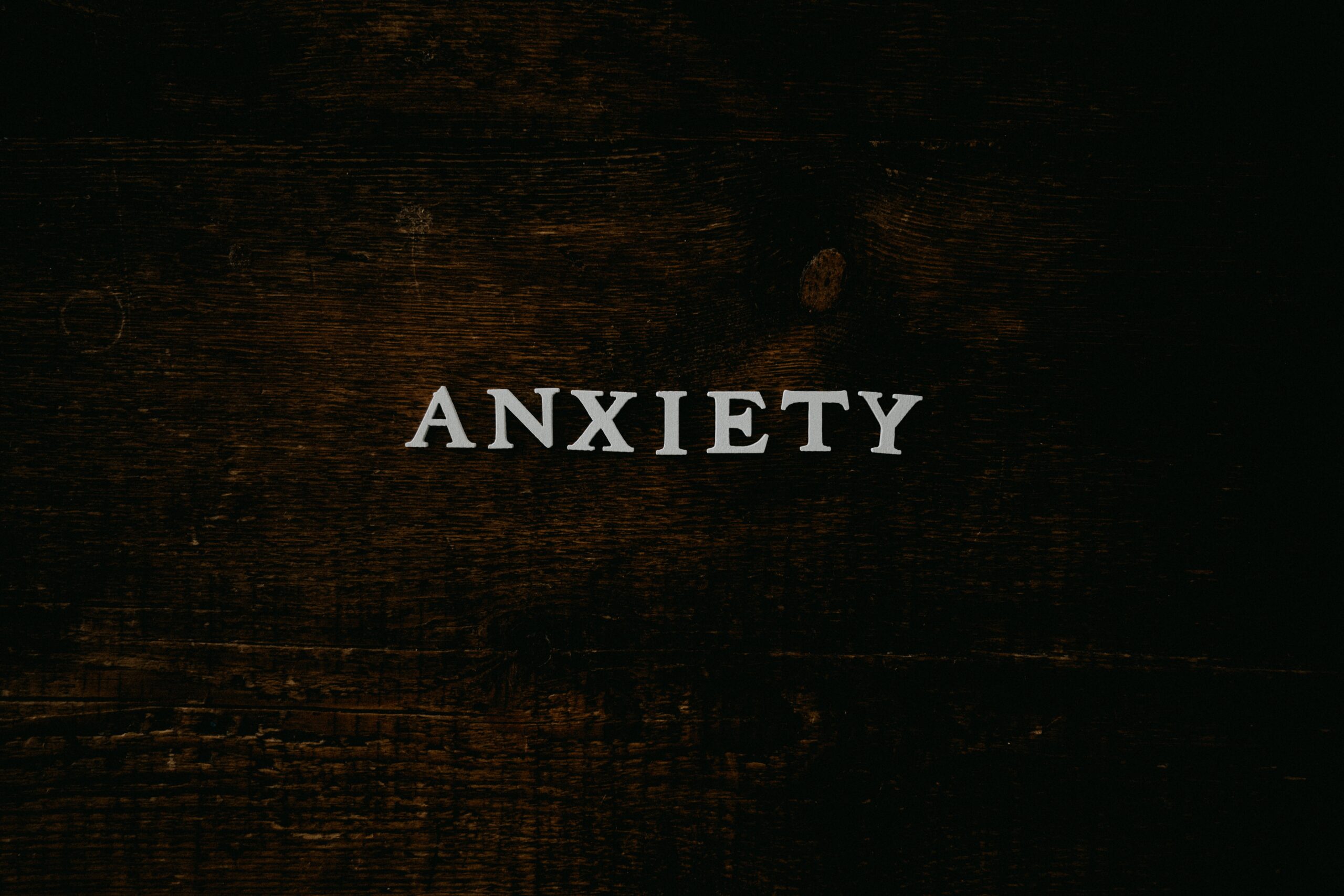Anxiety impacts millions of people across the world. But, that doesn’t mean everyone with the condition shares the same experience. Some people might be practically “paralyzed” by fear and worry, while others are able to live relatively normal lives with anxiety.
When that’s the case, it’s typically referred to as high-functioning anxiety. High-functioning anxiety occurs when an individual still experiences symptoms like fear, worry, and uncertainty, while still being able to manage their regular routine and experiences of day-to-day life.
On the surface, it might not appear to others that you have anxiety at all. But, on the inside, it’s a different story.
It’s important to understand high-functioning anxiety so you can recognize what it looks like and get the help you deserve. So, what can you expect if this is the condition you’re dealing with?
Signs of High-Functioning Anxiety
Again, when you’re dealing with high-functioning anxiety, it doesn’t mean that you don’t feel the same worries or fears as someone with a generalized anxiety disorder does. But, you can typically hide those feelings better.
That might seem like a good thing, at first, but it can lead to more serious issues the longer it goes on. With that in mind, some of the common signs of high-functioning anxiety include constant overthinking, overanalyzing, and an extreme fear of failure. People with high-functioning anxiety are often perfectionists.
That can get you ahead in your career and personal life. If you’re constantly striving to be “the best” and you have a deeply-rooted need to please others, you’re probably going to be successful in a variety of ways.
But, those issues can cause problems like fatigue, insomnia, nervous habits, excessive worry, and so much more. You might even tend to dwell on your past mistakes and failures, and struggle with self-esteem and confidence.
The Long-Term Issues
High-functioning anxiety can be deceiving. Outwardly, you might appear cool, calm, and collected. People might even wonder what your “secret” is when it comes to getting so much done and being so successful.
But, the constant drive to be perfect and the inability to say “no” often creates negative traits, including:
- The inability to enjoy the moment
- Difficulty relaxing
- Racing thoughts
- Fears of the future
- Always fearing the worst
- Comparison to others
Because people with high-functioning anxiety tend to bottle up their feelings, it can often lead to other mental health conditions, like depression. Emotions demand to be felt. The longer you try to keep them inside, the more that negative pressure will build.
What Can You Do?
If any of the above symptoms sound familiar, don’t assume that you can continue to “push through” and act like everything is okay. First of all, that’s not sustainable. Second, you don’t deserve to keep living with this kind of “quiet” anxiety that the rest of the world doesn’t see.
High-functioning anxiety, at its core, is still anxiety. Thankfully, it can be very manageable with the right help.
If you constantly feel like you have to perform or be perfect while you’re riddled with worry, the best thing you can do is reach out for professional help.
A therapist can help you get to the underlying cause of your anxiety. Recognizing where it stems from — even if that means going back to childhood experiences — is often the best way to start a journey of real, honest healing.
Therapy can also help you learn how to manage your symptoms without feeling the need to fake it or to be perfect. The more you learn how to deal with your anxious thoughts in healthy, effective ways, the sooner you can start to take more control over them.
I’m ready to face my anxiety! What are my next steps?
Anxiety drains the joy of life. Even though you may be functioning at an okay level you know you are not 100%. Don’t wait another moment to take control of your life. Our offices are conveniently located throughout the Valley of the Sun including Phoenix, Anthem, Scottsdale and online in all of Arizona. We would be honored to support you and to give you the skills you need to decrease anxiety in your life. You can start your therapy journey by following these simple steps:
-
- Contact Crossroads Counseling
- Meet with a therapist specializing in anxiety treatment.
- Begin addressing anxiety in your life.
Our offices are located throughout the valley with counseling centers located in Phoenix, Anthem, and Scottsdale. Call us at 623-680-3486,text 623-688-5115, or email info@crossroadsfcc.com. We offer a complimentary 20-minute phone consultation to answer your questions and better understand how we can help you.
Click here for more information on anxiety therapy.











